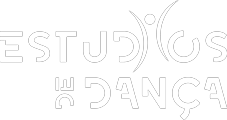International Meeting on the City, Body and Sound
JOURNEYS > PATHWAYS < PERFORMANCES
TEPe 2022
March 15th to 20th, 2022
The full program and timetable can be found here
Registration for walks and performances will be made at the secretariat
The pandemic and post-pandemic contexts have imposed on cities other dynamics, other sounds, other echoes, other routes, other human and non-human visitors. During the lockdown, the closure of theatrical and exhibition spaces - as well as, during lockdown unlocking, the limitations for their use - have had painful consequences in artistic programming and dramatic effects in the daily lives of its agents (artists, technicians, programmers, curators, etc.). At the same time, the slowing down of city life (traffic, the pace of the streets, the frenzy of production and consumption, etc.) has made a beneficial contribution to a reduction in CO2 emissions. In this context, the city - and more specifically its open-air public areas - emerge more clearly as spaces for circulation and interference (or suspension of interference) between people.
What have we learned from the experience of national lockdown and unlocking? Firstly, that the city has a fluctuating density, insofar as population concentrations fade when we shut ourselves indoors. Secondly, the encounter with the other (one of the prerogatives of the city) can take place on other scales than the cultural dimension alone. Thirdly, fear can be a public sentiment capable of imploding cities themselves if it is not transformed into a force for life.
How, in this process, are artists organised and constituted as agents in the city? How did the city come to be represented? What kind of city do we want? This congress thus arises from the need to intensify the dialogue between the city and art, particularly the performing arts.
This international meeting is the culmination of two years of consistent and consolidated research within the TEPe (Technologically Expanded Performance) project. Throughout these two years, we have developed activities with the community to promote intercultural and transdisciplinary dialogue and provide an encounter with varied urban experiences. Through the different proposals of walks through the city, we have mapped events, today invisible, but still present: from "buried memories" to "sensorial walks", passing through intimate records of confinement.
The meeting aims to share the experiences carried out with the contribution of two teams: the Portuguese, in Lisbon, and the Brazilian, in Fortaleza. Besides presenting the conclusions of the researches carried out, we launch this call for presentations, especially addressed to artists and scholars of performance art, historians of cities, anthropologists, urban planners, geographers, scholars of listening and sound and to all those who are interested in thinking (and projecting) life in the city.
ON-SITE FORMAT
For health reasons, to access closed spaces we will follow the recommendations in force by the Portuguese Health Authority (DGS).
Registration
Fees
Author (50€)
Author - Early bird (30€) *
Student (20€)
Student - Early bird (10€) *
One day (student) (5€) +
One day (normal) (10€) +
+ Registration only at the secretariat, at the convent
* Early registration prices apply if registration form and payment are received before January 31st, 2022
Form
Registrations online are closed. You can do it day by day on site, at the secretariat, depending on the capacity.
Formats of participation
= Public performances
= Communications / Panel discussions
= Video-Poster sessions
= Walks
Themes
- Listening to the city.
All cities have sounds and each city has different sound profiles. What are the levels of harmony and noise and what are the criteria for distinguishing between them? Where is silence in cities?
- Urban maps.
From playful walks to demonstrations and protest "marches", from celebratory parades to exploratory wanderings. Systems of (re)mapping and recognition of spaces. Walking close to "being lost".
- Body and urban network.
Histories and processes of inscription of urban networks in the bodies of their inhabitants and vice-versa. From Fritz Lang's Metropolis to Fourier's "phalanstery", passing through performances in public spaces.
- The sensitive layers of the city.
From the people's micro-stories to the hidden sensorial experiences (the city's smells, the available tastes, the textures, the colours, the light and the glows, etc.).
- Performing the city.
From the construction of models to urban art interventions. Dancing (in) the city. City protagonists and antagonists. Public equipment for training and physical exercise.
- Citizenship and climate change.
From the history of citizenship to contemporary challenges. To what extent is it urgent to revise the social contract in order to introduce citizenship that is not limited to human rights, capable of reconciling cities with the planet? The proposals submitted must contribute to a deeper understanding of the city as a multidimensional fabric that affects us and allows itself to be affected. Thus, the proposals will be valued if they explicitly propose a positive change of experience in the city, specifying the level at which this change takes place and what it involves.
Submit your proposal here
Location
Convento de São Pedro de Alcântara, Lisbon
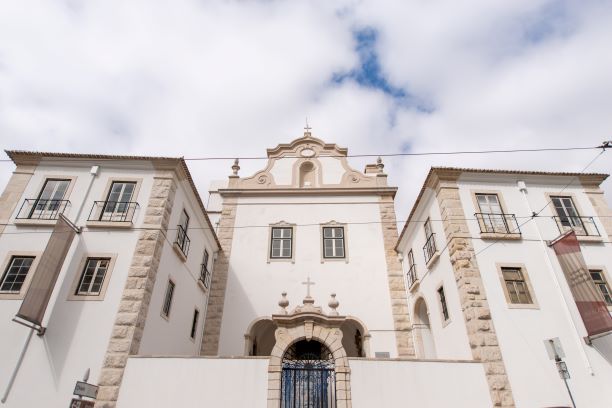
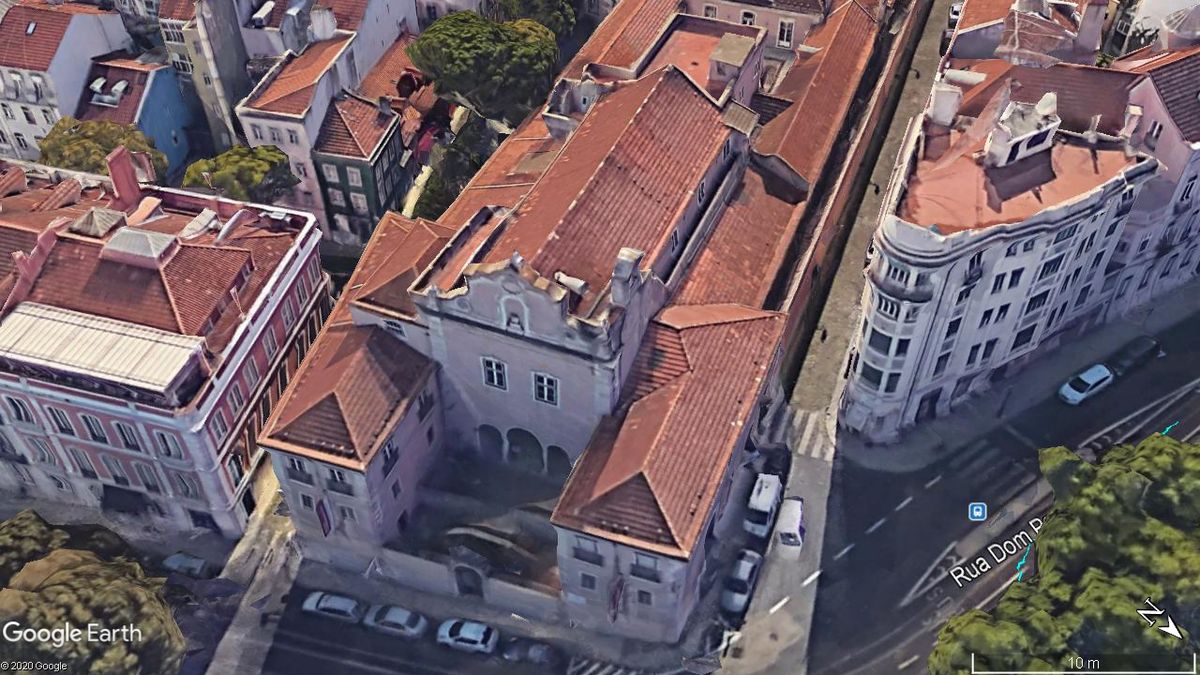
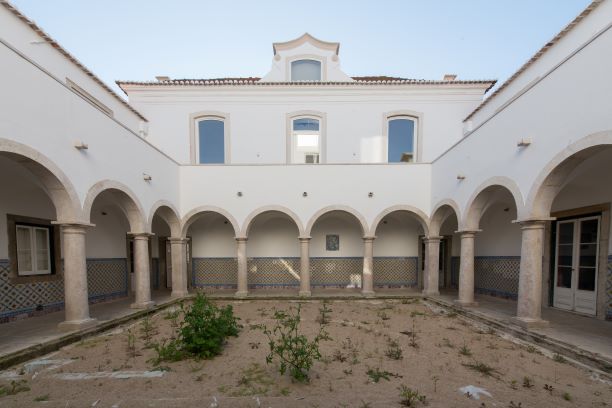
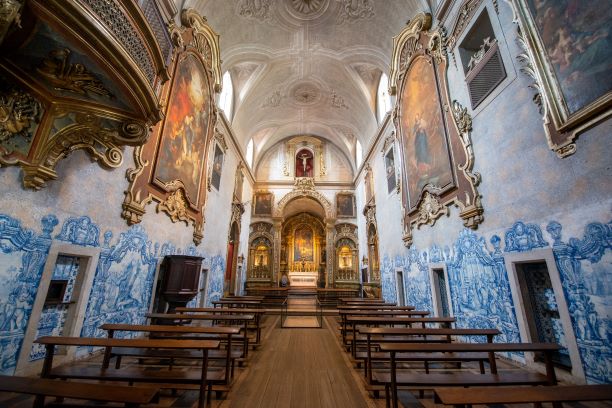
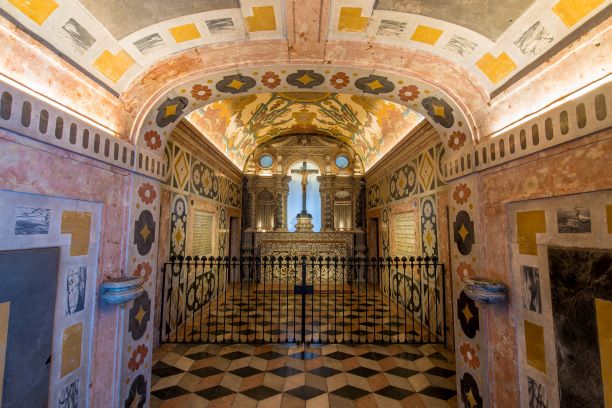
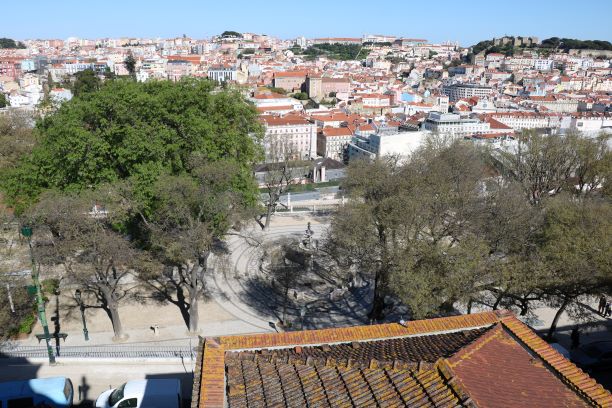
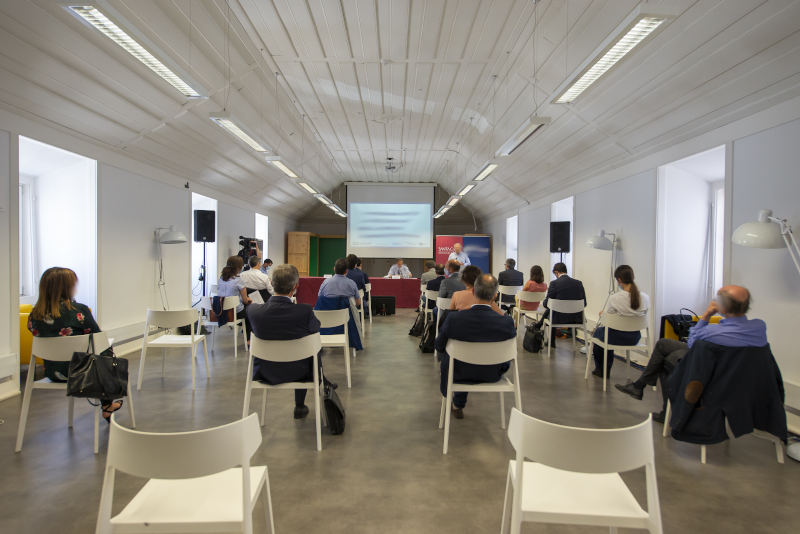
R. de São Pedro de Alcântara 85, 1200-089 Lisboa
(38.715339349415586, -9.144923473020206)
Conference Chairs
Daniel Tércio
INET-md : Instituto de Etnomusicologia - Centro de Estudo em Música e Dança
Leonel Brum
Instituto de Cultura e Arte - Cursos de Dança (Universidade Federal do Ceará)
International Scientific and Art Committee
André Guedes
Artist / Faculdade de Belas Artes, Faculdade de Arquitectura (Universidade de Lisboa)
Beatriz Cantinho
Choreographer / CHAIA (Universidade de Évora), CIAC (Universidade do Algarve)
Beatriz Cerbino
Universidade Federal Fluminense - UFF/Brasil, INCT Proprietas, dança em foco
Bill Psarras
Artist / Faculty of Fine Arts (University of Peloponnese)
Cecília de Lima
Choreographer / INET-md FMH (Universidade de Lisboa)
Filippo Baraldi
INET-md (Universidade Nova de Lisboa) / CREM-LESC: Centre de Recherche en Ethnomusicologie (Université Paris Nanterre)
Iñigo Sanchez
Institute of Heritage Sciences (Incipit) / Spanish National Research Council (CSIC)
Ivani Santana
Dance artist / Universidade Federal da Bahia /UFBA Brasil
Joana Braga
Architect and Artist, DINAMIA'CET (Instituto Universitário de Lisboa)
Jonas Runa
Artist / Universidade Lusófona de Lisboa
Luca Aprea
Escola Superior de Teatro e Cinema (Instituto Politécnico de Lisboa)
Luís Cláudio Ribeiro
Universidade Lusófona
Maria João Alves
INET-md FMH (Universidade de Lisboa)
Paula Varanda
Institute of Art History, School of Social Sciences and Humanities, Universidade NOVA de Lisboa
Paulo Caldas
Dança Course and Midiadança Lab (Universidade Federal do Ceará)
Renata Araújo
Universidade do Algarve / CHAM, Centro de Humanidades, FCSH-UNL
Rui Filipe Antunes
INET-md FMH (Universidade de Lisboa)
Sérgio Bordalo e Sá
INET-md FMH (Universidade de Lisboa)
Silvia Pinto Coelho
NOVA Institute of Communication, NOVA School of Social Sciences and Humanities (Universidade NOVA de Lisboa)
Thaís Gonçalves
Dance course and Midiadança Lab (Universidade Federal do Ceará)
TEPe Steering Comitee
Daniel Tércio
INET-md : Instituto de Etnomusicologia - Centro de Estudo em Música e Dança
Leonel Brum
Instituto de Cultura e Arte - Cursos de Dança (Universidade Federal do Ceará)
Jonas Runa
Universidade Lusófona de Lisboa
Rui Filipe Antunes
INET-md / FMH Universidade de Lisboa
Curatorship of Artworks and Performances
Andréa Bergallo Snizek
Departamento de Artes e Humanidades, Universidade Federal de Viçosa (MG)
Adriana Gehres
Universidade de Pernambuco
César Baio
Visual Artist / UNICAMP - Universidade de Campinas
Daniel Tércio
Instituto de Etnomusicologia - Centro de Estudos em Música e Dança
Elisabete Monteiro
Instituto de Etnomusicologia - Centro de Estudos em Música e Dança, FMH, Universidade de Lisboa
Filipa Malva
Choreographer/ INET-md INET-md, Centro de Estudos em Música e Dança, FMH-UL
Ivani Santana
Dance artist / Universidade Federal da Bahia /UFBA Brasil
Joana Craveiro
Artist - Directora do Teatro do Vestido
Leonel Brum
Curso de Dança e Midiadança Lab - Universidade Federal do Ceará
Luca Aprea
Escola Superior de Teatro e Cinema - Instituto Politécnico de Lisboa
Lúcia Matos
Escola de Dança da Universidade Federal da Bahia (UFBA)
Silvia Pinto Coelho
NOVA Institute of Communication, NOVA School of Social Sciences and Humanities (Universidade NOVA de Lisboa)
Manager/Producer
Missanga
Per form ativa - Associação cultural
Meeting Executive Production
Catarina Canelas
Michele Luceac
Rui Filipe Antunes
Sérgio Bordalo e Sá
Sofia Soromenho
Sophie Coquelin
Local Organization
Faculdade de Motricidade Humana / Universidade de Lisboa
Per form ativa – Associação cultural
Facilities
Convento de São Pedro de Alcântara – Misericórdia de Lisboa
Sponsors
Santa Casa da Misericórdia de Lisboa
Câmara Municipal de Lisboa
FCT - Fundação para a Ciência e a Tecnologia
FUNCAP - Fundação Cearence de Apoio ao Desenvolvimento Cíentífico e Tecnológico
Instituto de Cultura e Arte - Universidade Federal do Ceará
INET-md - Instituto de Etnomusicologia - Centro de Estudos em Música e Dança
Cafés DELTA
Partners / Sponsors
Santa Casa da Misericórdia de Lisboa
Câmara Municipal de Lisboa
FCT - Fundação para a Ciência e a Tecnologia
FUNCAP - Fundação Cearence de Apoio ao Desenvolvimento Cíentífico e Tecnológico
Instituto de Cultura e Arte - Universidade Federal do Ceará
INET-md - Instituto de Etnomusicologia - Centro de Estudos em Música e Dança

